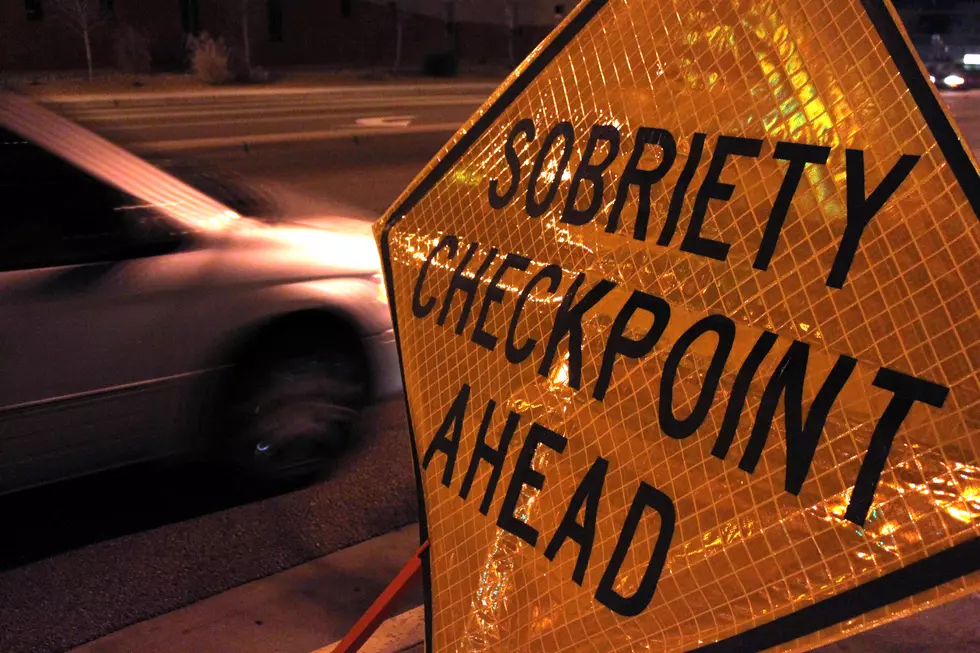
Are they just forgetful — or is it dementia?
If your elderly parent starts forgetting stuff or mixing things up, is that a sign of a serious problem?
Jordan Feldman, coordinator of the Rutgers Behavioral Healthcare COPSA Memory Disorders Clinic, said it’s not uncommon for older adults to have some change in their memory but it’s a concern if it starts to affect their day-to-day functioning.
“I’m less concerned about not remembering all the phone numbers they used to remember than someone not knowing what to do about making a phone call, how they would go about calling someone. Do they know how to operate the phone?”
Feldman said dementia is a multi-faceted illness so patients need to be evaluated in a multi-faceted process.
At the Memory Disorders Clinic, patients and their relatives meet with a geriatric psychiatrist and a social worker.
They get "to know a patient’s life long history, who they were, what kind of work have they done, their education level. That starts to paint a picture of who they’ve been and who they may be now and what changes have occurred.”
He said it’s also important to understand someone’s medical and psychiatric history.
If dementia is diagnosed, treatments and their effectiveness can vary.
He said there are medicines used as cognitive enhancers to help with memory. There are also drugs to treat behavioral issues like anxiety or depression.
When dealing with dementia, routine and structure is important, and that includes physical as well as cognitive exercise.
“Whether it be card games, Scrabble, Trivial Pursuit-type games, word searches, poker, mahjong — they provide a lot of cognitive stimulation.”
He explained that even if someone cannot play these games well, “it’s still providing cognitive stimulation. It helps with orientation, with strategy, with language, processing.”
Dr. Jessica Israel, the corporate chair of geriatrics and palliative medicine for Robert Wood Johnson Barnabas Health, said as people age they should think about their goals of care, advanced directives and complicated medical decision-making and who they trust.
“Assigning someone as a health care proxy or medical decision maker is probably the most important thing people can do,” she said.
“When dementia is just beginning, there’s very good data that a patient can say with reliability, 'I trust my son to make decisions for me.' It’s really important to have those discussions early when people can still have them because we know there will be a day when they can’t tell us how they really feel about something.”
More From 105.7 The Hawk










